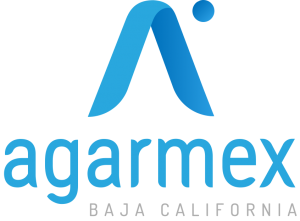
It is hard to imagine that foods which have traditionally not been recommended for regular consumption could be enjoyed in a healthy way.
One example is the vast majority of gummies available on the market. Their production usually involves large amounts of additives and sugars, as well as gelatin of animal origin.
But what is the way to enjoy this unhealthy treat in a healthier manner? It simply comes down to knowing and carefully selecting the ingredients used to make the gummies. More and more manufacturers are leaving additives and sugary juices behind and opting instead for fruit.
The same applies to the gelling agent used in gummies. Many consumers who follow an animal-free diet avoid these sweets because gelatin is derived from animal cartilage and tissues. However, thanks to the properties of agar, there is no need to use so much sugar (since it gels without requiring this ingredient), and it is suitable for vegans, people with celiac disease, and those who follow Kosher and Halal diets.
Agarmex offers the ideal agar for the production of gummies and many other foods. Get in touch with us and we will be happy to help.








